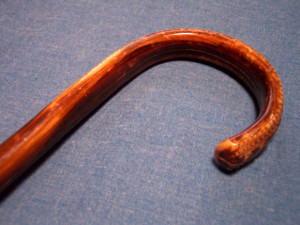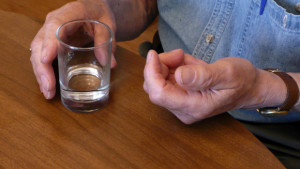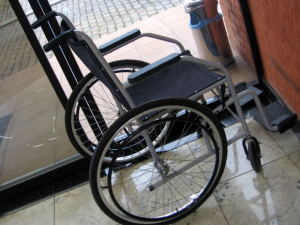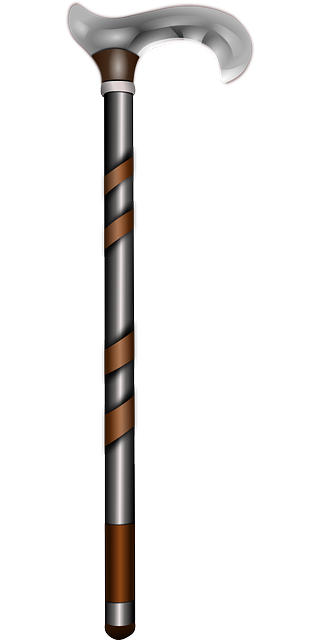More than 36 million Americans are currently over the age of 65. By the year 2050, that number will increase substantially to 86.7 million. Although many senior adults require assisted living programs, special care or nursing home care, though, the licensing and monitoring of these programs has not kept pace with the greying of the population. Although there are many wonderful nursing homes and assisted living programs in Florida and across the country, there are also some care homes and facilities that offer poor medical care, untrained or abusive staff, and unsafe environments.
Instances of nursing home and elder abuse are especially tragic because not all elderly persons are easily able to communicate with friends and family. This makes them especially vulnerable to abuse and neglect and allows such behaviour to continue undetected. Also, some elderly persons have medical conditions that make them especially vulnerable to slip and falls accidents, broken bones, brain injuries, spinal cord injuries, hip fractures, and other injuries.
Although it is estimated that one million elderly Americans are victimized in nursing homes or assisted living programs each year, experts admit that estimating the numbers is very difficult because so many cases are never detected or reported. Elderly citizens are most vulnerable to neglect, which is also the most common form of negligence and abuse. However, instances of physical, mental, financial and emotional abuse as well as medical under-treatment are also depressingly common. In the most severe cases, abuse and neglect can lead to fatalities or permanent injury.
Although not every instance of nursing home and elder abuse can be foreseen and prevented, experts agree that there are many things that concerned family members and friends can do to prevent this problem:
1) Select a facility very carefully. Many cases of nursing home and elder abuse occur due to poor facility management, poorly trained staff or other preventable problems. In many cases, there are red flag signs that a facility has problems but many family members do not notice this. When selecting a care facility for an elderly loved one, ask lots of questions, drop in during visiting hours unannounced a few times and ask for thorough tours of the facility. Check references, credentials and polices carefully to ensure that your loved one will get good care. Trust your instincts – if you are hearing the right things but something seems “off,” keep looking.
2) Maintain vigilance. Even if you select the best facility possible, nursing home and elder abuse can still occur. Some excellent facilities may acquire new staff, management or develop new policies that affect care. Some facilities – even excellent ones – may overlook issues that affect your loved one. Sadly, nursing home and elder abuse can occur in any facility – even the best. Visiting your loved one regularly and checking up on the facility regularly are a must.
Continue reading →
 Florida Injury Lawyer Blog
Florida Injury Lawyer Blog





